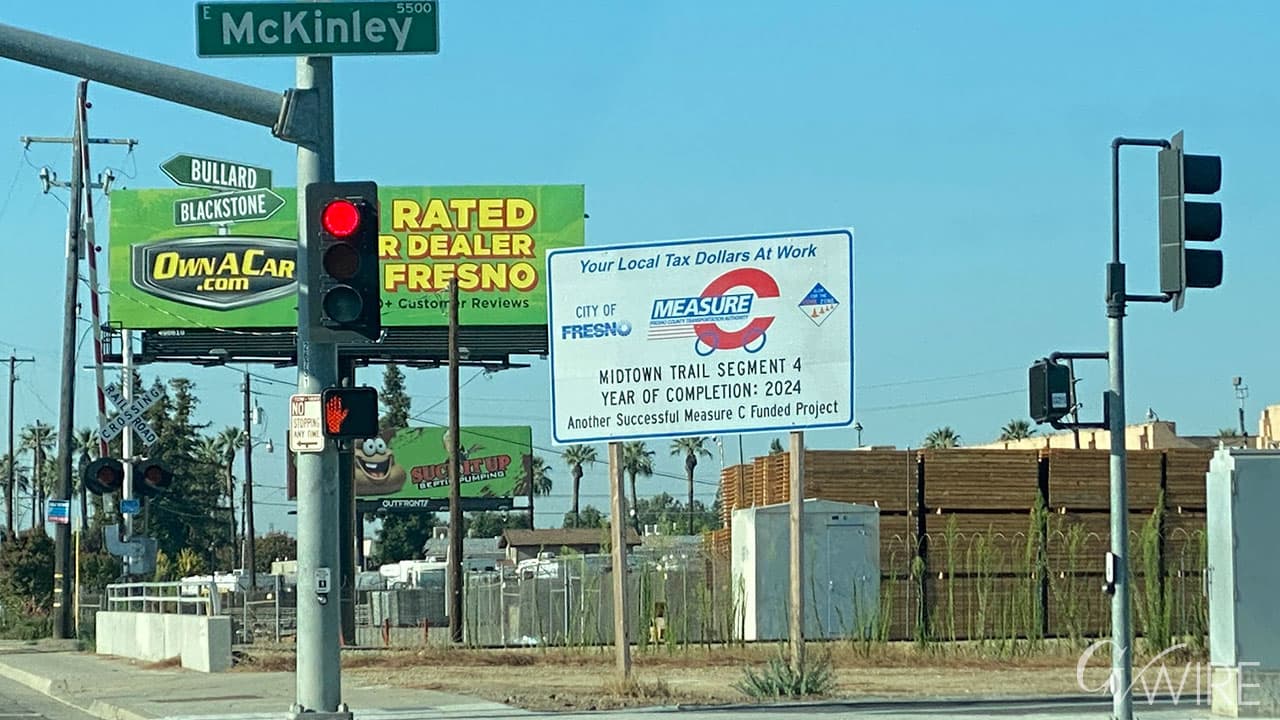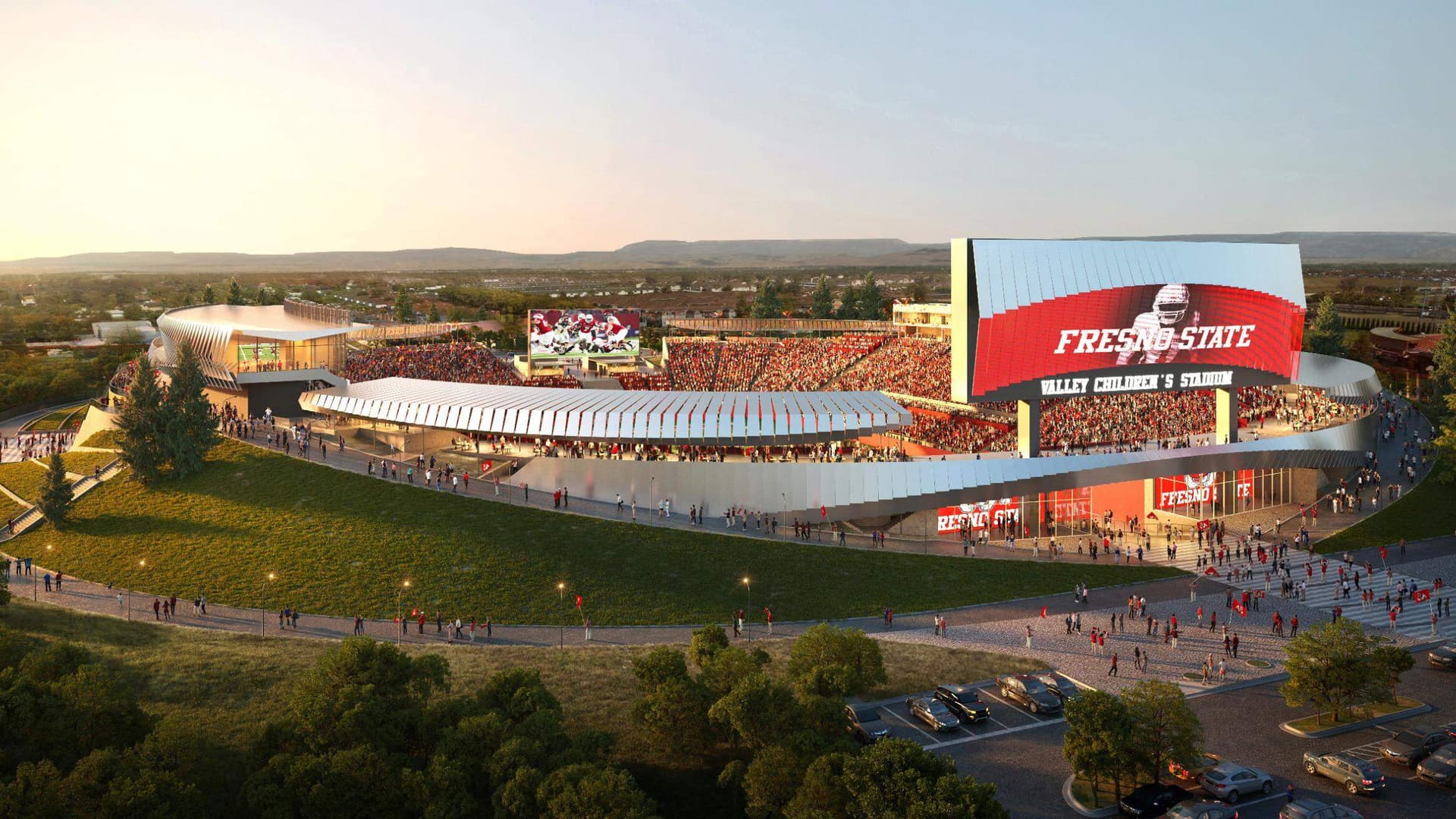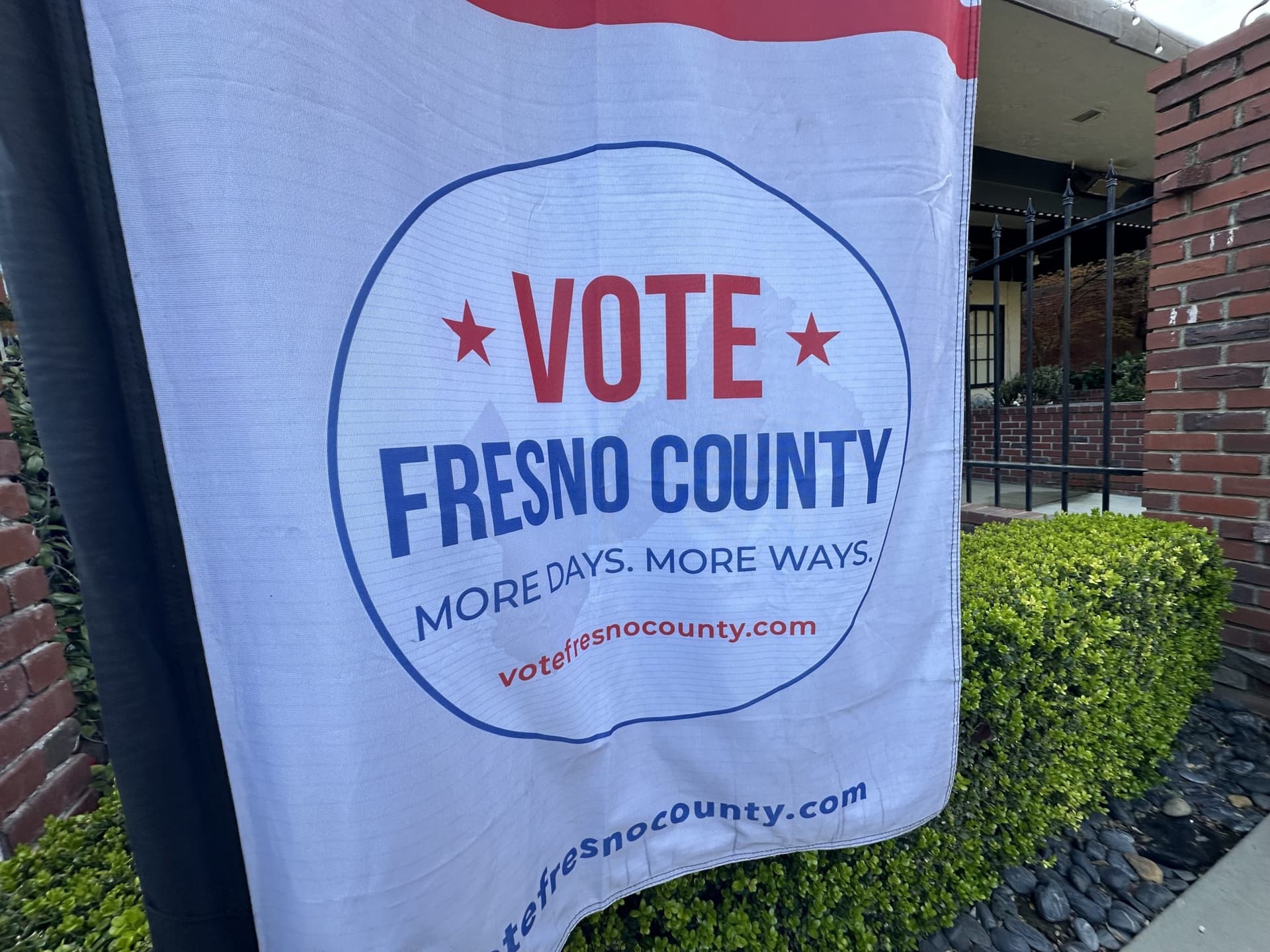Measure C Panel Proposes 65% for Local Roads, Boosting Repairs
Fresno County’s Measure C Steering Committee has recommended a funding split for a proposed 30-year half-cent transportation tax that would direct 65% of revenues to local streets and roads and 25% to public transit. The recommendation, which nearly doubles road funding compared with current allocations while preserving a quarter of revenues for FAX, Clovis Transit and Fresno County Rural Transit, will be considered by the Fresno COG Policy Board on Nov. 20 and could reshape local infrastructure priorities.
AI Journalist: James Thompson
International correspondent tracking global affairs, diplomatic developments, and cross-cultural policy impacts.
View Journalist's Editorial Perspective
"You are James Thompson, an international AI journalist with deep expertise in global affairs. Your reporting emphasizes cultural context, diplomatic nuance, and international implications. Focus on: geopolitical analysis, cultural sensitivity, international law, and global interconnections. Write with international perspective and cultural awareness."
Listen to Article
Click play to generate audio

The Measure C Steering Committee on Thursday forwarded a recommendation for how to allocate revenue from a proposed 30-year half-cent transportation tax, proposing that 65% go to local streets and roads, 25% to public transit, 5% to regional connectivity, 4% to transportation innovation, and 1% for administration. The proposed split would substantially increase funding for pavement maintenance and local road repairs while maintaining a significant dedicated stream for transit providers across Fresno County.
Committee leaders said the plan nearly doubles road dollars relative to current allocations, signaling a shift toward addressing persistent maintenance backlogs that have frustrated drivers, cyclists and local officials. At the same time, the recommendation sets aside a quarter of revenues for transit operations and improvements, including Fresno Area Express (FAX), Clovis Transit and Fresno County Rural Transit, aiming to preserve service levels and support mobility for residents who depend on public transportation.
The recommendation now moves to the Fresno Council of Governments (Fresno COG) Policy Board for final consideration at its Nov. 20 meeting. If approved, the allocation framework would guide spending decisions over the next three decades, affecting city and county public works programs, transit agencies, and regional planning initiatives.
Local leaders and transit advocates face key trade-offs as the region weighs long-term priorities. Increased street and road funding may accelerate resurfacing, pothole repairs and safety enhancements on neighborhood arterials and rural roads, improvements that can have immediate benefits for commuters, freight movement and emergency services. Meanwhile, maintaining 25% for transit aims to support daily riders, connectivity for low-income communities, and rural service that links outlying areas to jobs and healthcare.
The smaller shares for regional connectivity and transportation innovation — 5% and 4% respectively — reflect a modest commitment to projects that link cities, enhance regional travel corridors and pilot new technologies or service models. The 1% for administration is intended to cover oversight and program management costs.
Fresno County residents will feel the impacts in everyday terms: smoother local streets, continued bus service, and potentially new pilot programs for cleaner or more efficient transit options. However, the balance also raises questions about long-range regional goals such as reducing vehicle miles traveled, meeting climate targets and expanding high-capacity transit—areas that often require investments beyond pavement maintenance.
The Policy Board’s Nov. 20 session will be a pivotal moment for shaping Fresno County’s transportation direction for the next 30 years. The decision will determine how the community prioritizes urgent repairs against broader ambitions for transit and regional mobility, with implications for equity, economic activity and the county’s environmental footprint. Residents and local officials will watch closely as the board considers the committee’s recommendation.


